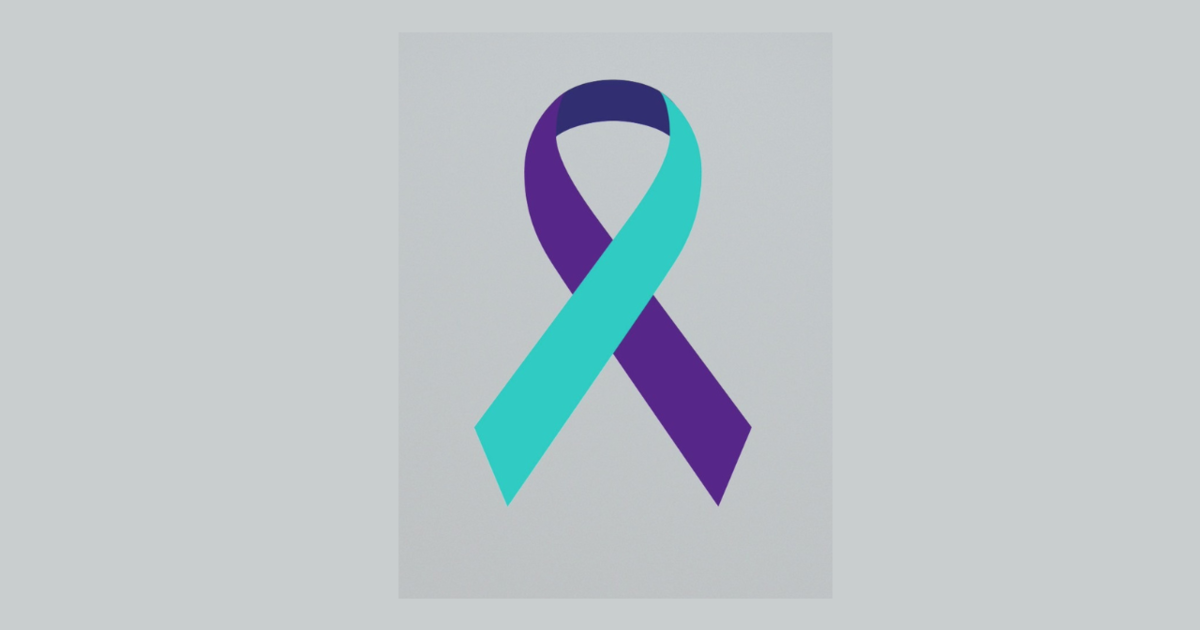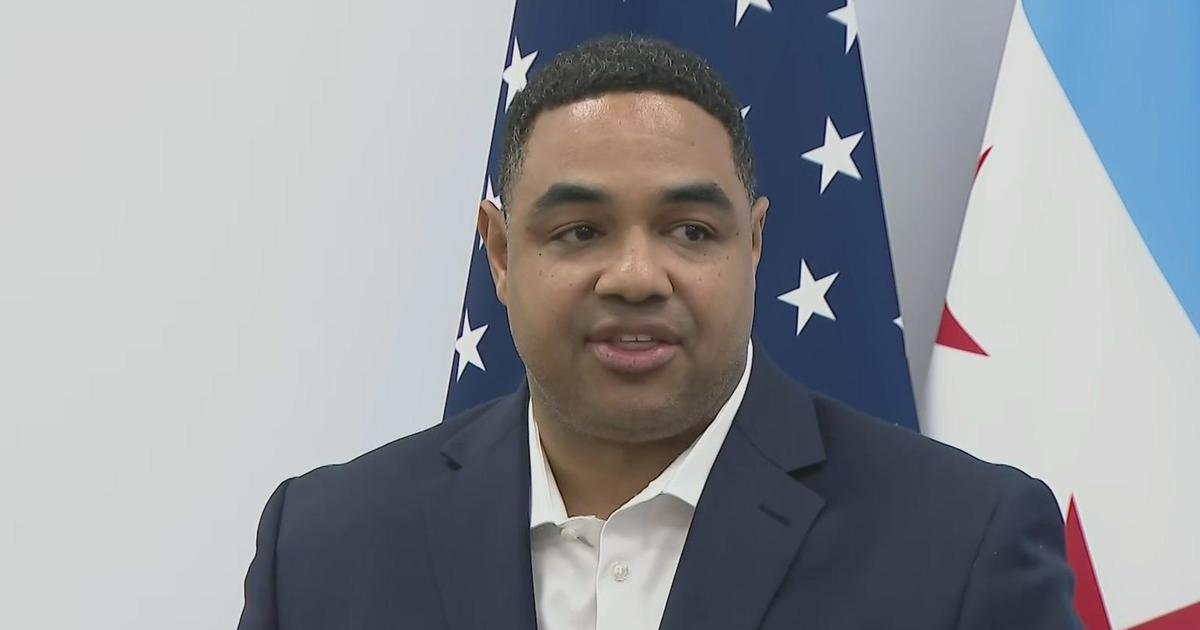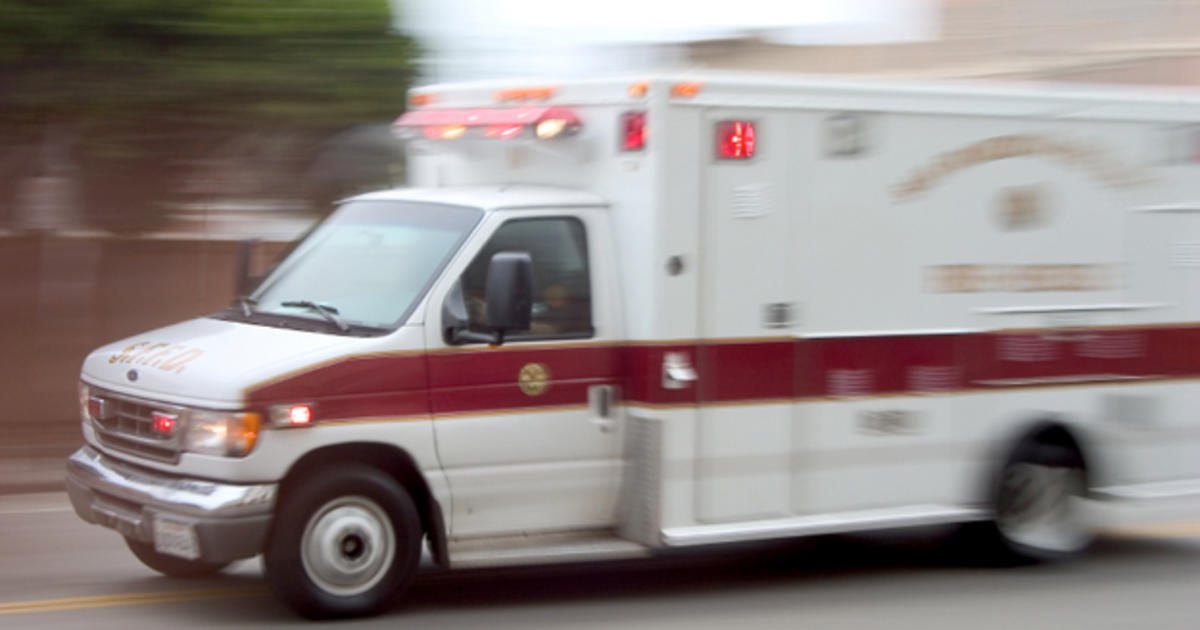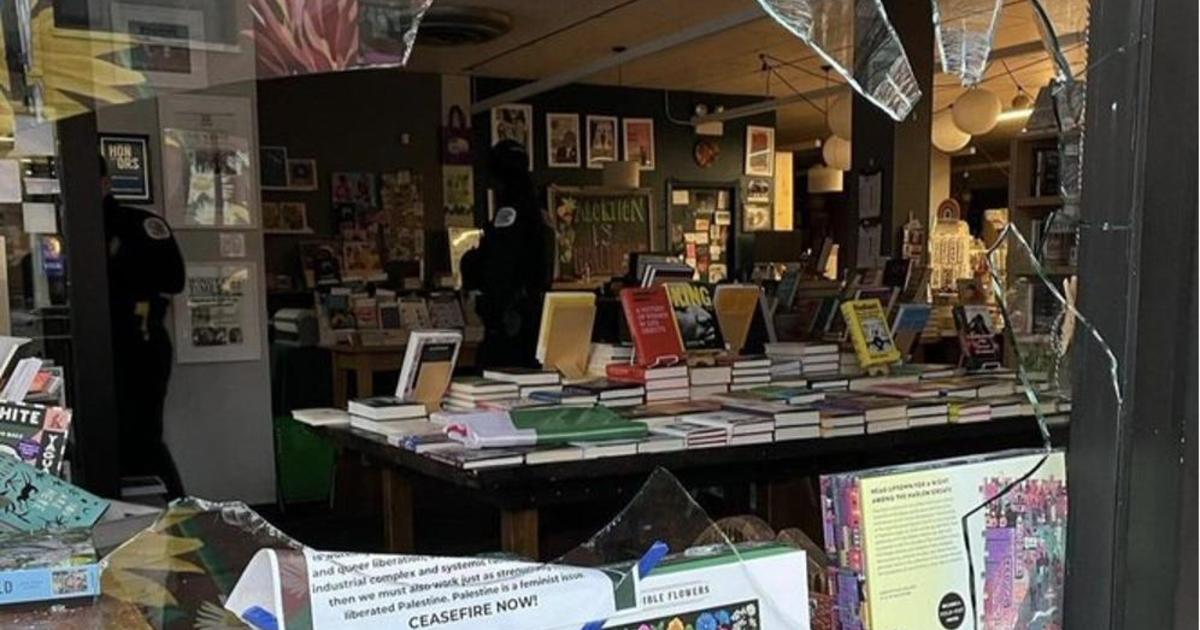First Five COVID-19 Vaccinations Administered To Chicago Healthcare Workers; "This Vaccine Gives Us Hope That There Is An Endpoint'
CHICAGO (CBS)-- Five Chicago healthcare workers from three hospitals are the first people in the city to get a vaccine for COVID-19.
"This is, I fully believe, the beginning of what will be the end of COVID-19 here in Chicago," Chicago Department of Public Health Commissioner Dr. Allison Arwady said after the first inoculations were administered Tuesday morning at The Loretto Hospital, a community medical center on the West Side.
Mayor Lori Lightfoot said she got goosebumps watching the first five people receive the vaccine.
"I feel like a kid on Christmas Day. This is an incredible moment, and I am grateful for all of you for stepping up," she said.
The first five people to get the vaccine were:
- Marina Del Rios, Director of Social Emergency Medicine at University of Illinois Health;
- Barbara Shields Johnson-Critical Care RN, Director of Med/Surg/ICU, Loretto Hospital
- Mark Hooks, ER RN, Loretto Hospital
- Jermilla Hill-Patient Care Technician, Loretto Hospital
- Elizabeth Zimnie, ER RN, Norwegian American Hospital
"It's really an honor to stand here and to take part in this moment in history," Del Rios said. "As an emergency physician, I have been on the front lines of this pandemic since Day One. I can attest that healthcare workers have been anxious for this day to come."
Del Rios said many healthcare workers – especially those who are Black or Latino, or serve those communities – have lost co-workers, friends, and family members to the pandemic.
"We worry about our capacity to keep our patients safe in the setting of overcrowded hospitals. We worry about bringing COVID home to our families. We worry about getting ourselves sick, and becoming a burden to our co-workers who will have to cover shifts while we hopefully recover," she said.
Del Rios also said she and her colleagues have seen too many essential workers – many of them undocumented immigrants – choosing to die at home out of concerns about healthcare costs, fear of being deported, and fear of not having their families at their side when they get sick.
"This vaccine gives us hope that there is an endpoint. There is a light at the end of the tunnel," she said.
Lightfoot said Loretto was chosen to administer the first vaccines in Chicago because it serves a community hit especially hard by the pandemic.
Ald. Roderick Sawyer (6th), who chairs the City Council Health Committee, said it's also important for city leaders to continue reaching out to the Black community to alleviate concerns about the safety of the vaccine, given the nation's history of inhumane medical experiments, such as the Tuskegee Syphilis Experiment.
"We have to remember that these were not that long ago. They were not that far back. So as we look at these dark periods in our time, I still have to reflect upon that, but at the same time when we look towards the light … and see that science has come a long way, and we have to embrace it," he said.
Arwady said Loretto Hospital has more vaccines on hand to distribute to healthcare workers, and 34 other hospitals in the city are beginning vaccinations this week.
"I expect hospitals to really be vaccinating by the end of this week, and we are working with all 34 of our hospitals, not just this week, but every week moving forward. We will continue to allocate vaccine week after week after week, as long as there are hospital front-line healthcare workers who need vaccination," she said.
Meantime, Gov. JB Pritzker and Illinois Public Health Director Dr. Ngozi Ezike witnessed the first COVID vaccinations in Peoria on Tuesday at Saint Francis Medical Center.
"It was in fact a great experience to witness today some of the first COVID-19 vaccinations being given here in Illinois," Ezike said.
Ezike also sought to dispel a number of myths that have spread about the COVID vaccine.
"The vaccine does not contain a tracking chip, there is no evidence to show it causes infertility, and thirdly getting the vaccine cannot result in you getting COVID-19," she said.
Unlike other vaccines, Ezike said the COVID vaccines do not contain live inactivated virus.
The city received its first shipment of the Pfizer vaccine on Monday, and expects to receive a total of 23,400 doses by the end of the week, with additional deliveries in the weeks to come.
"This is truly an incredibly exciting day for all of us. What we just witnessed is history in the making. It's a milestone in our city's history," Lightfoot said. "We have finally, and at long last, officially taken our first steps in our long road towards COVID-19 vaccination in Chicago,"
Lightfoot reminded Chicagoans that, despite the vaccine availability, we still have a long road ahead of us as COVID-19 continues to ravage the mind, body, and spirit of so many.
"We cannot let our guard down. It means that we must remain diligent and responsible about the things that we know protect us. Wearing masks saves lives, period," she said.
The mayor also noted that Chicago saw an uptick in new COVID-19 cases after the Thanksgiving holiday, because too many people ignored pleas to avoid large gatherings, or failed to follow basic public health guidance such as wearing masks and keeping their distance from others.
Lightfoot said that's why it's important that people remain diligent during the December holidays, and continue wearing masks, socially distancing, washing hands, staying home, avoiding unnecessary travel, and canceling traditional holiday plans.
"Chicagoans and non-Chicagoans alike must refrain from celebrating as if the virus has magically disappeared, because it has not," she said. "COVID-19 is still real, is still deadly, it is still killing Chicagoans and people across the country and the world every single day."
Arwady noted Chicago is still averaging about 1,600 new virus cases per day, as well as about 22 deaths per day.
Lightfoot also broke down how vaccines will be distributed in the near future, for not just healthcare workers, but the public.
The first priority for the vaccine is being given to frontline healthcare workers treating COVID-19 patients, and other healthcare workers who conduct procedures that put them at high risk of being infected.
Over the next few weeks, vaccines also will be administered to residents and staff at long-term care facilities.
After that, Lightfoot said the city plans to open appointment-only vaccination clinics across Chicago for other healthcare workers, starting later this month through January.
"Widespread community distribution of the vaccine is still months away. While this is an important and hopeful moment, to borrow a phrase from another doctor, while we can see the light at the end of the tunnel, we are still in the tunnel," Lightfoot said.
Arwady said, even once the vaccine is available to the general public in a few months, it will likely be a year from now before COVID-19 is truly in the rearview mirror.
She also said receiving the vaccine won't exempt people from the city's emergency travel order, or other public health requirements like the statewide mask mandate.
"It is going to take months before we get to a point where we have enough Chicagoans vaccinated that we start being able to think about how vaccine plays into those larger decisions," she said.
Arwady said city officials will continue to make decisions about reopening plans based on various virus metrics, such as positivity rate and hospitalizations.
Also From CBS Chicago:



